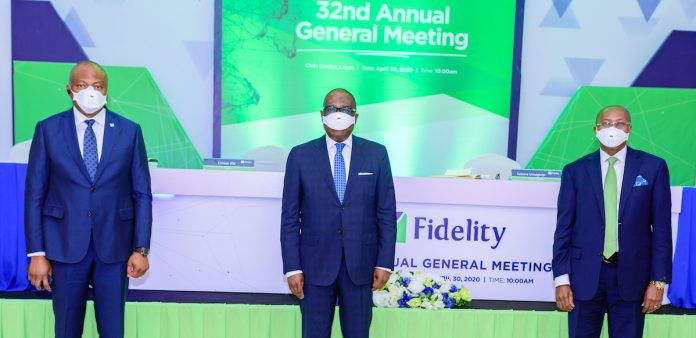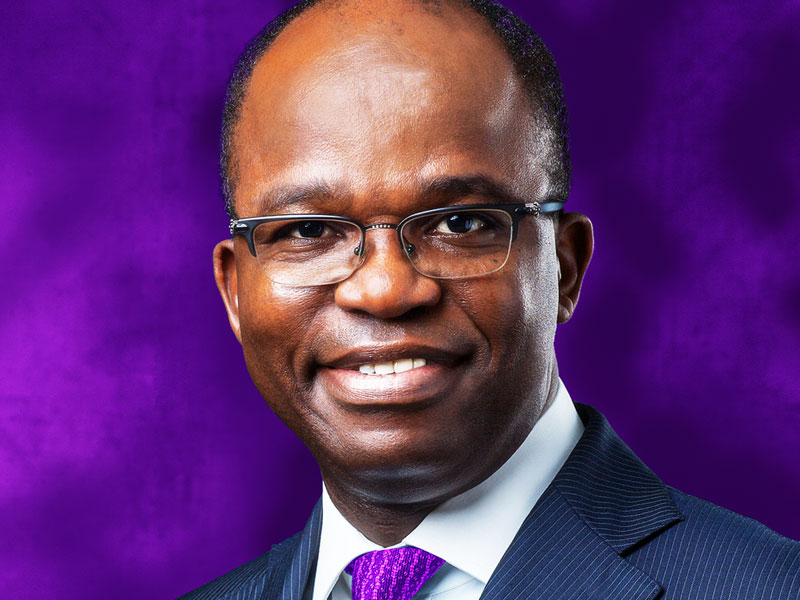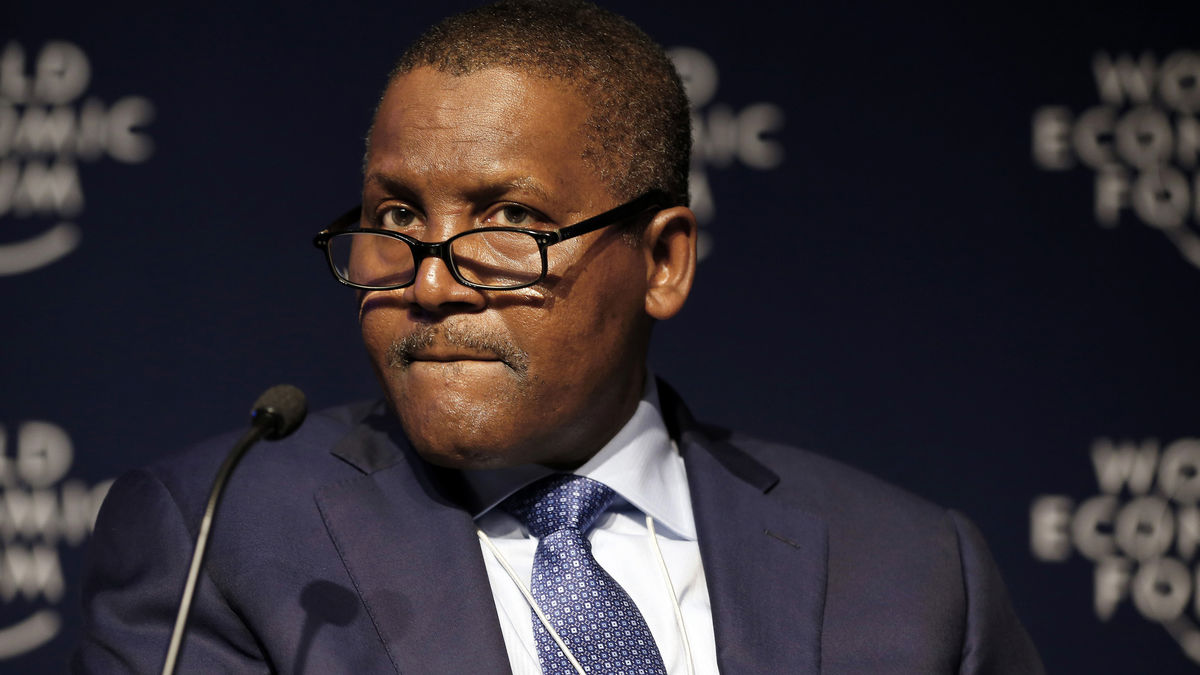Fidelity Bank Plc has recorded impressive results posting N20.4 billion Profit After Tax, PAT for the third quarter ended September 2020, Q3’20, representing a growth of seven per cent as against N19 billion in the corresponding period of 2019, Q3’19.
The bank has also disbursed over N50 billion in intervention funds to customers in the last three months. Details of the results submitted to the Nigerian Stock Exchange, NSE show improvements in key indices though gross earnings dropped marginally by 3.7 per cent to N155 billion from N161.1billion in 2019.
Profits were however up by 3.6 percent, closing at a Profit Before Tax (PBT) of N21.3billion. In other indices, customer deposits, net loans and total assets grew in double digits.
Total assets grew by 21 percent to N2.5 trillion from N2.1 trillion in 2019; customer deposits were up by 22.3 per cent to N1.5 trillion from N1.23 trillion whilst net loans rose by 12 per cent to N1.27billion from N1.12billion.
Commenting on the results, Group Chief Executive Officer, Mr. Nnamdi Okonkwo said: “Our 9 months results reflect our resilient business model, particularly in a very challenging operating environment. We worked closely with our customers to gradually recover from the economic impact of the pandemic and the attendant effect of the lockdown.”
He explained that the drop in gross earnings was due to the decline in interest and similar income caused by lower yields and drop in fee income.
“Net fee income declined by N1.3 billion largely due to a reduction in FX related income on account of the revaluation gains recorded in H1 2020. Digital Banking however continued to gain traction as we now have 52.3 per cent of our customers enrolled on the mobile/internet banking products from 47.4 per cent in 2019 full year and 88.2 per cent of customer-induced transactions are done on digital platforms.”
Similarly, digital banking income increased by 20.0 per cent quarter on quarter due to improved adoption by customers and new services migrated to our digital channels” he stated.
Fidelity Bank has over the years implemented a retail digital banking strategy and that has continued to deliver, with the bank on course to achieving the 7th consecutive year of double digits growth.
“The growth in savings deposits accounted for 40.2 per cent of total growth in customer deposits and savings deposits now represent 25.7 per cent of total deposits, up from 22.3 per cent in 2019” he enthused.
He further disclosed that the bank has disbursed over N50 billion in intervention funds to customers in the last three months, in critical sectors to kick-start the economy after the lockdown and was quite optimistic about finishing the year strongly.
“We will continue to monitor and pro-actively manage evolving risks as business activities improve and look forward to delivering another set of resilient results in the remaining quarter of 2020FY” Okonkwo noted.




